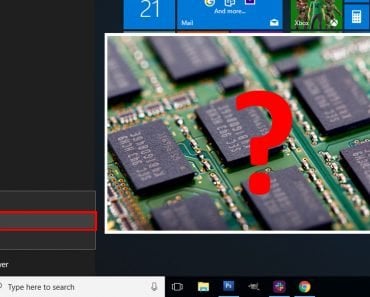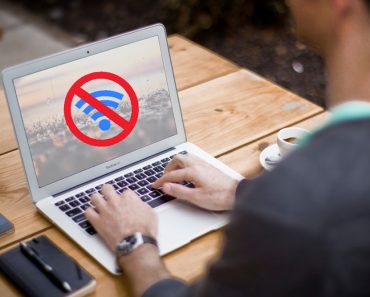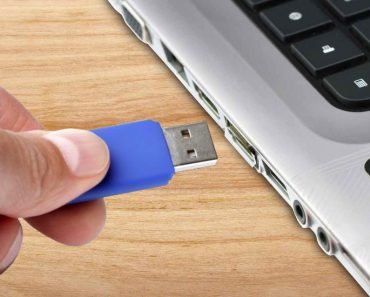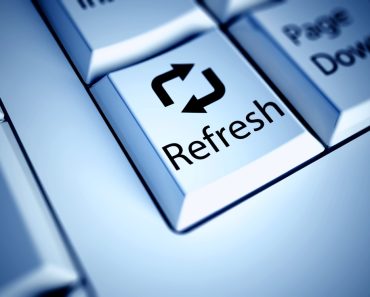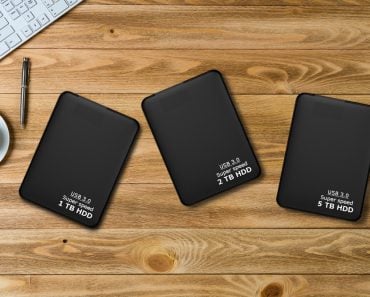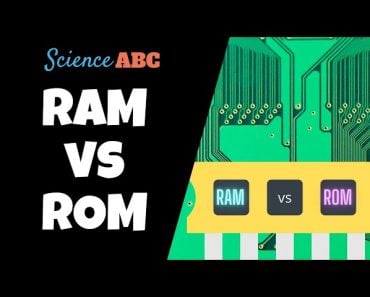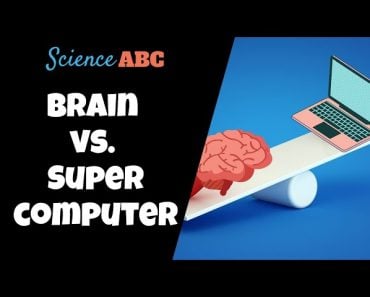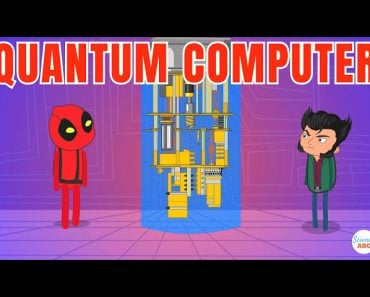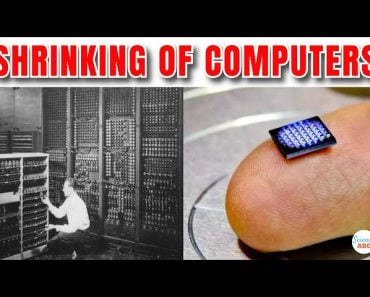The primary reasons for a computer’s slowdown are abundant data stored on the hard drive, unnecessary software and outdated data, insufficient RAM, frequent software updates, and viruses.
A computer in its prime can perform an astounding number of operations and calculations in mere seconds. This allows you to multitask effortlessly, from checking your social media notifications to playing games, editing photos, and even solving complex math problems. The best part? Your computer does all this so quickly that you might not even realize the intricate algorithms it uses to arrive at these results before presenting them on your screen.
However, as you continue using your computer relentlessly, it becomes old and starts to slow down.
Let’s review a few common reasons computers slow down as they age.
Recommended Video for you:
Running Out Of Hard Disk Drive Space
As you store more data on your computer’s hard disk drive, the processing power is forced to work harder to retrieve the necessary information. This can slow down your computer and make it less efficient. When you first get a new computer, there is very little data stored on it, so the processing units have no trouble executing any operation.
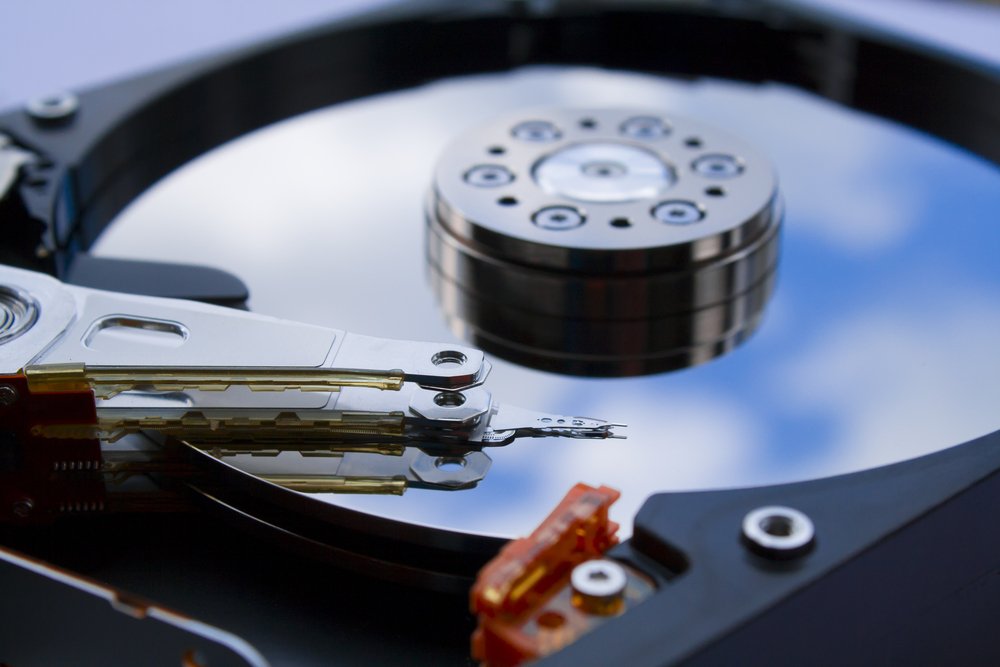
However, as you add more files and data, the computer has to sift through large amounts of information to find what you need, which can cause delays and slow down the system.
Unnecessary Software And Obsolete Data
When you find a good software program, you tend to download and install it on your computer. Over time, your interest in it may fade, and you stop using it. However, you often forget to remove the software that takes up valuable space on your hard drive, even though you no longer use it.
Insufficient RAM
Insufficient RAM can significantly slow down your computer’s performance. Even if you have a system with a large hard drive and the latest software, a lack of adequate RAM will cause your computer to slow down quickly. This is because RAM is responsible for running programs on your computer, and there must be enough RAM to ensure that your computer works fast.

Adding more RAM capacity may help, but your computer will still slow down over time. This is because as you use your computer, the number of files and programs installed also increases, putting pressure on your hard drive to compensate for the lack of RAM, which results in decreased performance.
System Updates And Viruses
Constantly updating your software is good for your system, but software updates occupy a larger share of hard disk drive space than their previous versions. Also, don’t forget that viruses play a significant role in slowing your computer down. The bad thing about viruses is that they don’t have a certain time that they attack; virus attacks are totally random and unpredictable. The best way to guard against viruses is to get decent anti-malware software, which also takes up space on your hard disk drive, but it’s a necessary evil!
Spinning Hard Disk Drives

If your computer has one of those spinning hard disk drives (where a needle writes data on the hard disk drive), it gets old over time and slows down. There is absolutely nothing you can do about it. What you can do, however, is replace it with a solid-state hard drive (SSD) or buy a computer that already has one installed. These drives depend on more durable and efficient processors, rather than those needles to record data, and are therefore much more reliable.
Problems With Windows OS
Some speed-related problems are specifically associated with Windows computers. Windows is not built in such a way that it can perform certain cleansing functions, such as defragmenting the hard disk drive partitions, cleaning up the registry, and eliminating temporary files automatically. As a result, unused files accumulate over time, clogging the computer’s processing power and making it slower.
Other not-so-obvious factors include bugs in the operating system, corrupted RAM data, and gradual hardware degradation over time. Even static electricity from carpets or other fabrics, as well as power surges, can contribute to slowing down a computer.
These are just some of the main reasons why a computer slows down over time. There are many other factors, too, depending on your usage habits and the maintenance your computer receives. You should ensure that you keep your system free of all unnecessary data that impedes its processing speed and clean its parts regularly to extend its lifespan.
Moreover, eventually, you’ll have to “get with the times” and invest in a new computer. It’s only a matter of time!
Last Updated By: Ashish Tiwari



